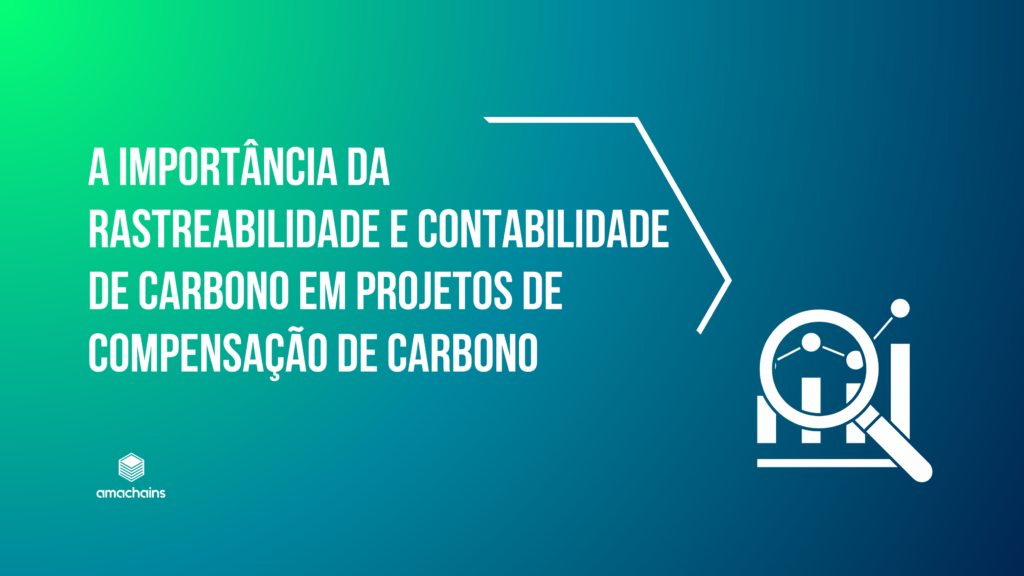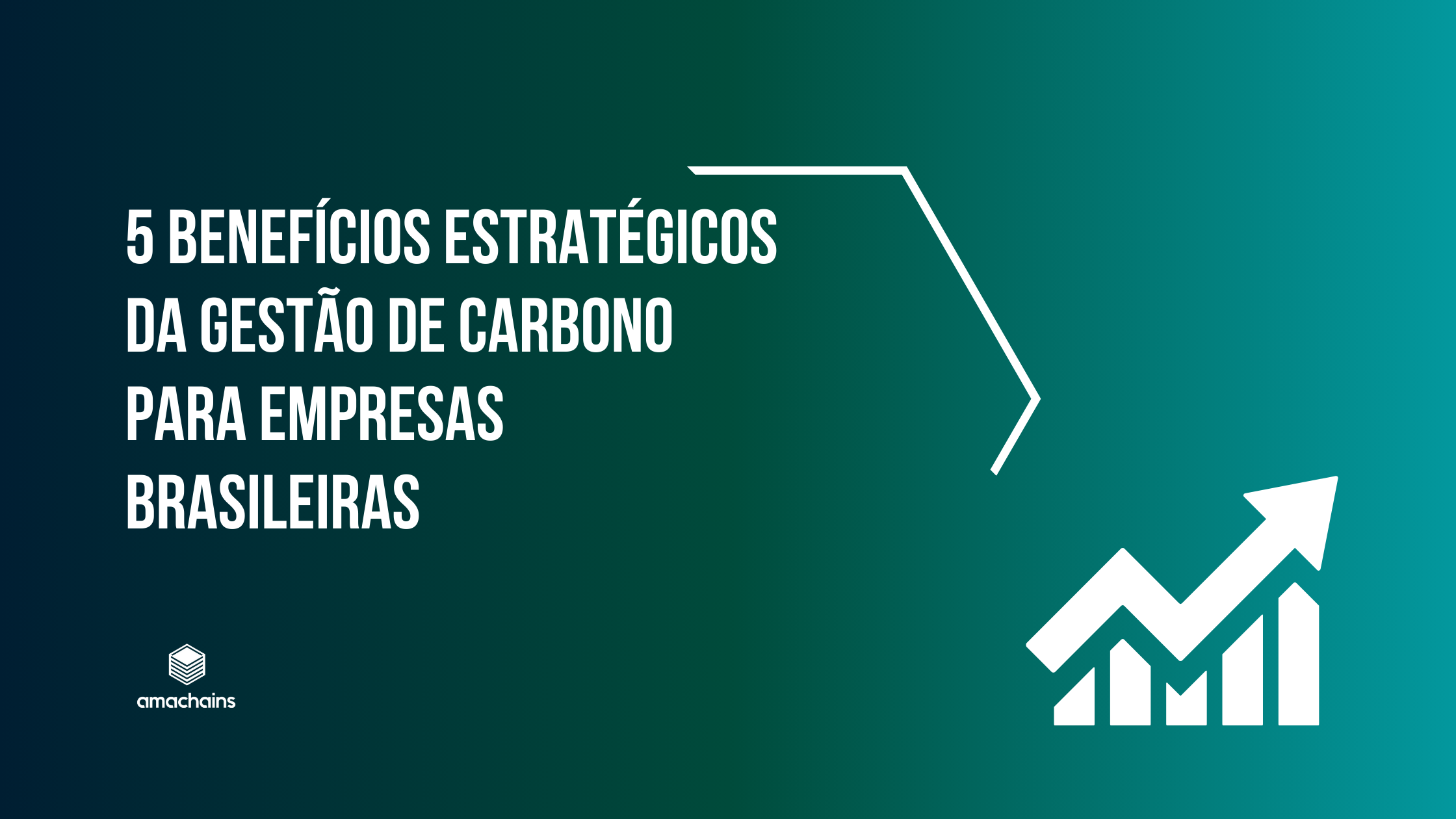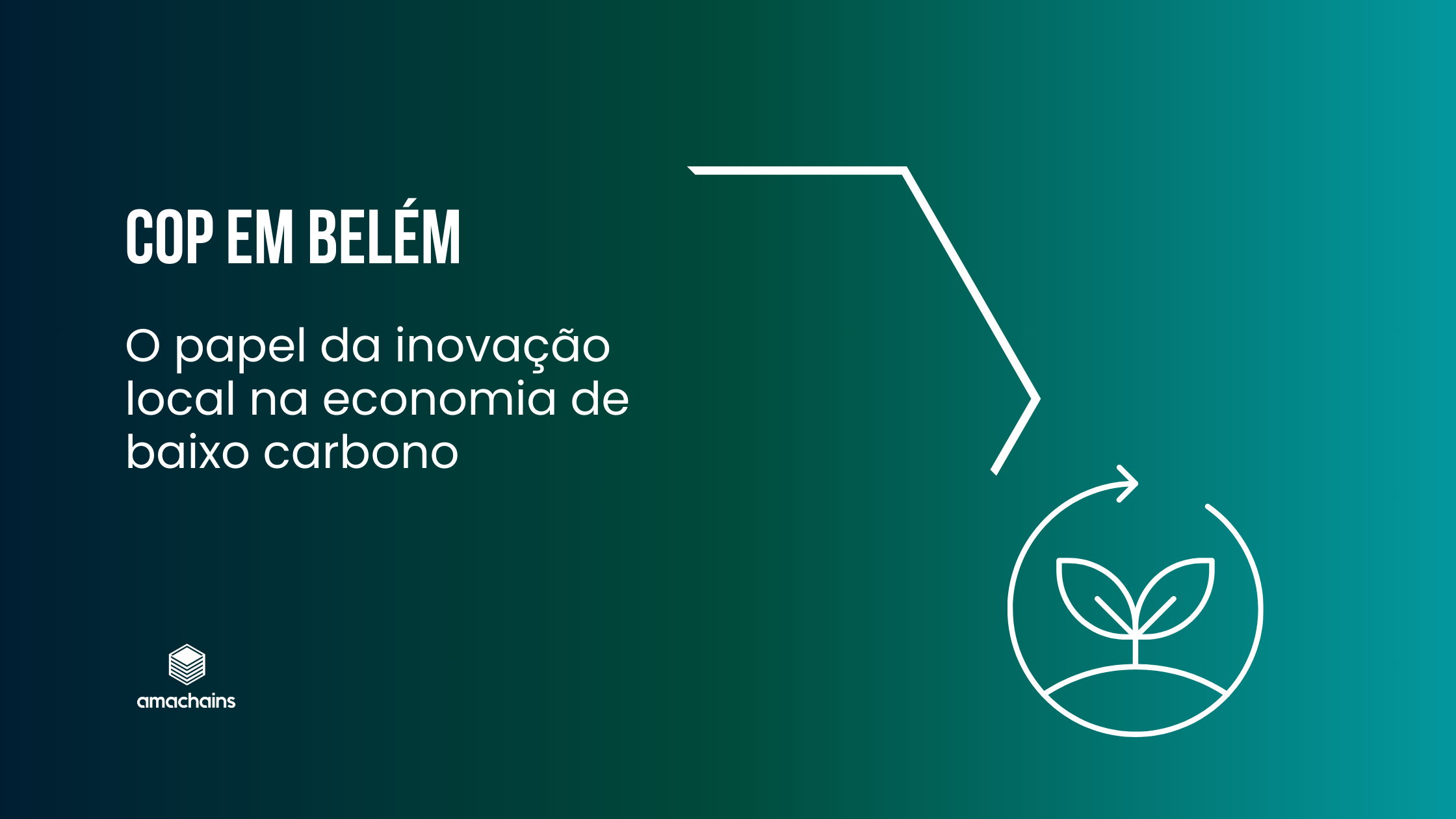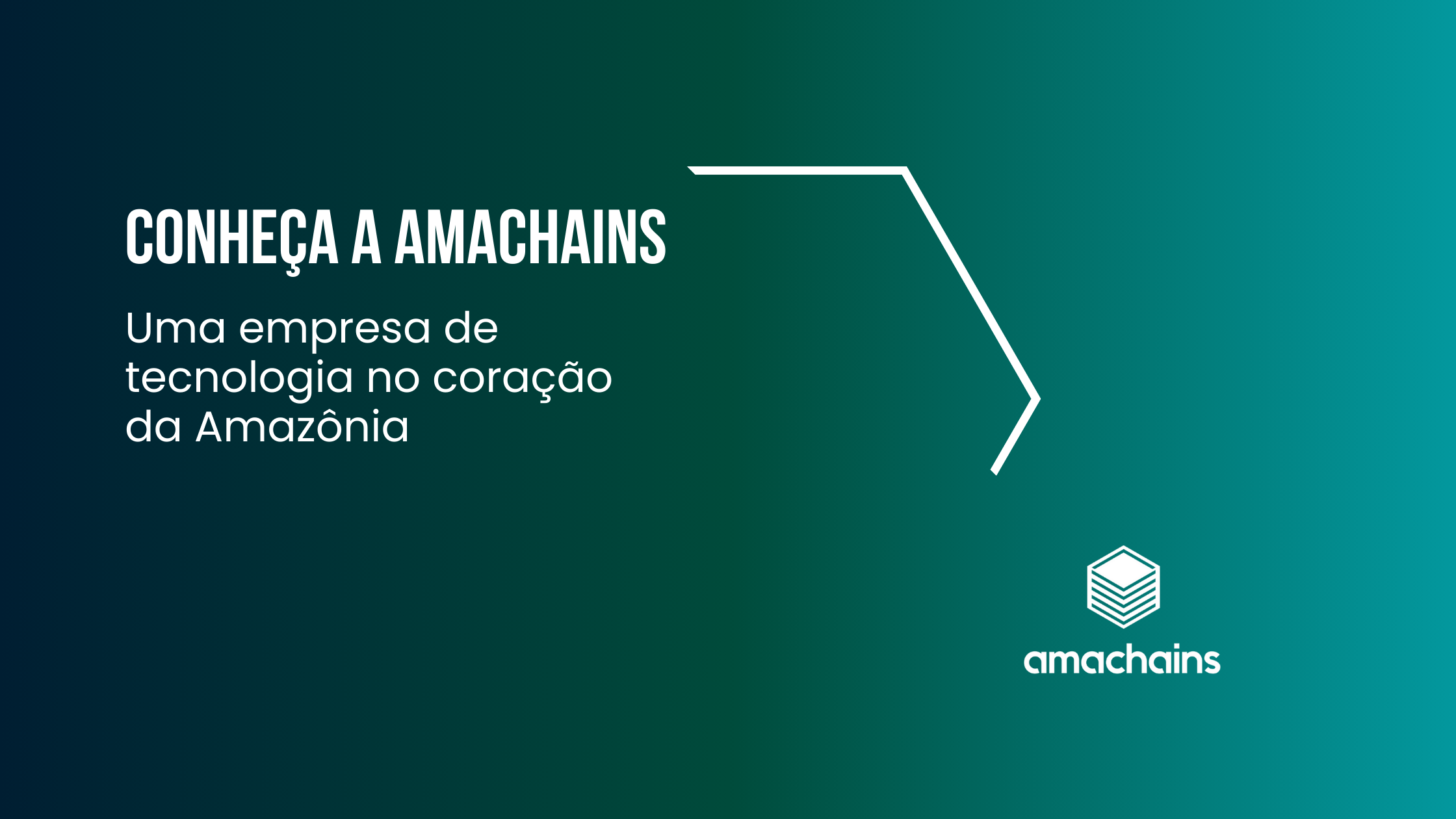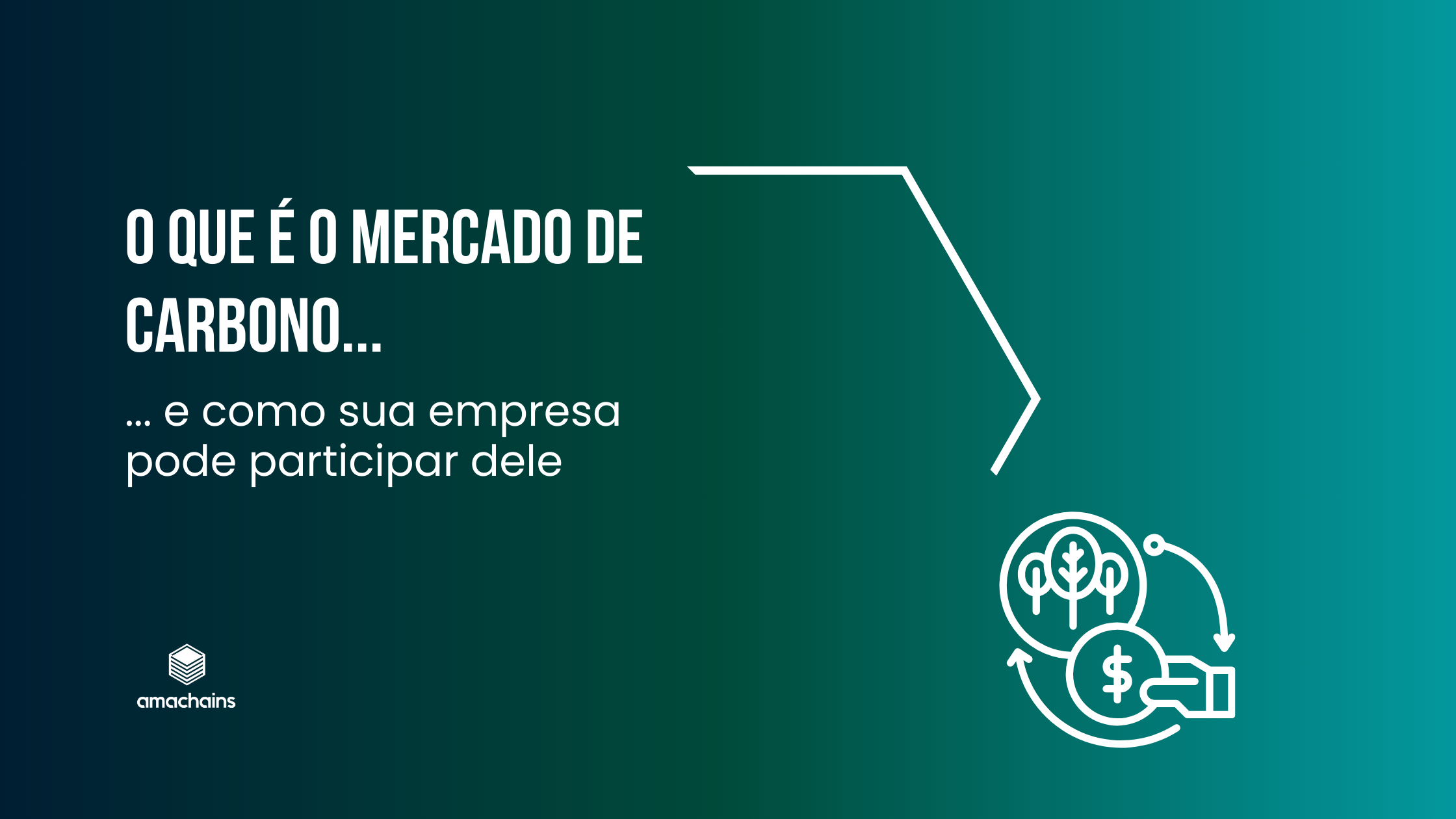In the context of combating climate change, carbon neutrality has become a central objective for companies, governments and individuals. Carbon offset projects are essential to bring the world closer to the ambitious goal of limiting global warming, allowing unavoidable emissions to be balanced by initiatives that remove or avoid the emission of carbon dioxide (CO₂) into the atmosphere.
For these projects to be effective and reliable, carbon traceability and accounting are essential. This article explores the importance of these practices and the challenges of information security and reliability in the carbon market.
Carbon Traceability
Carbon traceability refers to the ability to track CO₂ emissions throughout the entire value chain of a product or service. This includes everything from raw material extraction to production, distribution and disposal. Traceability is crucial for identifying sources of emissions, assessing the effectiveness of reduction measures and ensuring that carbon offsets are legitimate and verifiable.
Benefits of Traceability
- Transparency: It allows all stakeholders, including consumers and regulators, to have access to clear and detailed information on emissions and associated offsets.
- Trust: Increases confidence in carbon offset projects by ensuring that emissions reductions are real and additional.
- Continuous Improvement: Helps companies identify opportunities to further reduce their emissions over time.
Carbon Accounting
Carbon accounting involves measuring, recording and reporting an organization’s greenhouse gas (GHG) emissions. This includes creating emissions inventories, calculating carbon footprints and verifying emissions reductions.
Principles of Carbon Accounting
- Relevance: The data collected must be relevant for decision-making.
- Completeness: All significant emission sources must be included.
- Consistency: Methods and criteria must be applied uniformly over time.
- Transparency: All methods and assumptions must be documented and made available for audit.
- Accuracy: Data must be accurate and free from significant errors.
Security and Reliability Challenges
While traceability and carbon accounting offer many benefits, they also face several challenges related to information security and reliability.
- Data Quality
Data accuracy is one of the biggest challenges. Inaccurate or incomplete data can compromise the effectiveness of carbon offset projects. To mitigate this, it is necessary to implement robust data collection and verification systems.
- Fraud and Greenwashing
A lack of strict regulation can lead to fraud and greenwashing practices, where companies falsely claim to be offsetting their emissions without taking concrete action. Implementing international standards, such as the Greenhouse Gas Protocol (GHG Protocol) can help ensure the integrity of projects.
- Technology and Infrastructure
The technological infrastructure required to track and account for carbon can be complex and expensive. However, advances in blockchain and IoT (Internet of Things) technologies are beginning to offer more affordable and secure solutions.
- Stakeholder Engagement
For traceability and accounting to be effective, engagement with all stakeholders, including suppliers, customers and regulators, is essential. Education and awareness programs can help foster this engagement.
Examples of Good Practices
Carbon Certification: Certification programs such as the Verified Carbon Standard (VCS) and the Gold Standard provide independent verification of carbon offset projects, ensuring their credibility.
Blockchain Technology: Using blockchain to track carbon transactions can increase transparency and security by ensuring that each unit of carbon offset is unique and verifiable.
Collaborative Partnerships: Public-private partnerships can facilitate the implementation of more robust traceability and accounting systems.
Carbon accounting and traceability are key to ensuring the effectiveness and credibility of carbon offset projects. By addressing challenges related to data quality, fraud, technology, and stakeholder engagement, we can build a robust and reliable carbon market. This is crucial to achieving carbon neutrality and mitigating the impacts of climate change, promoting a more sustainable future for all.
